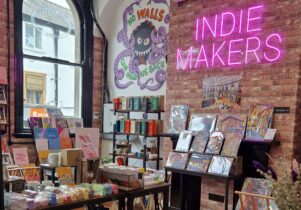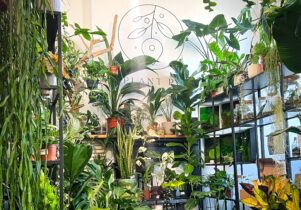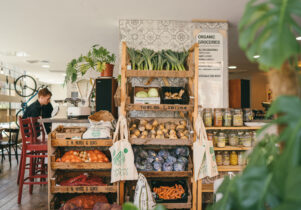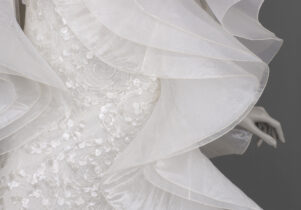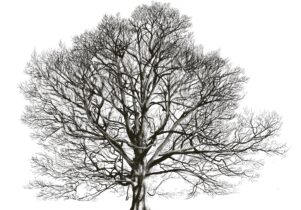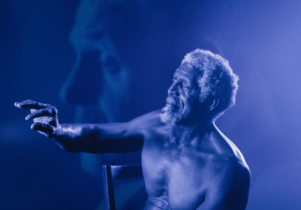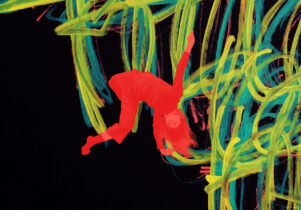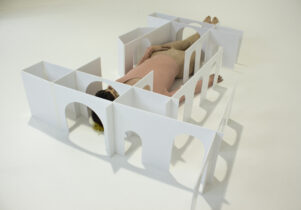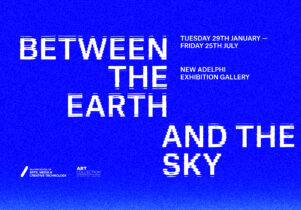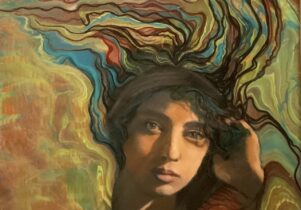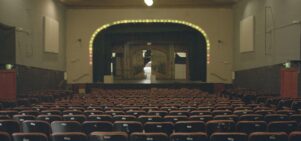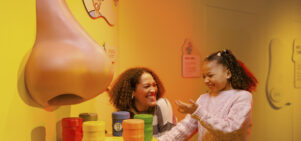Jasmin Kent Rodgman: nineteen ways of looking – Online with CFCCA
Sara Jaspan, Exhibitions EditorVisit now
nineteen ways of looking
Always double check opening hours with the venue before making a special visit.

A virus does not have an ethnicity. And yet, levels of racism and hate crime directed towards Chinese and other East Asian and South East Asian people have risen dramatically since the beginning of the pandemic, both in Britain and throughout the world. This has partly been fuelled by social media, the far-right and the spread of misinformation, but also by politicians and mainstream media outlets, which have disproportionately used images featuring people of ESEA origin when reporting on Covid-19. The problem is far from new, however. As the Labour MP Sarah Owen powerfully stated in a recent parliamentary address: ‘An undercurrent of anti-Asian racism has plagued this country well before the pandemic started – now the lid has been lifted.’
Made specifically for Instagram, composer Jasmin Kent Rodgman’s anti-racist digital opera, nineteen ways of looking, presents a moving critical response. The piece has been shot entirely on a camera phone and will unfold over 10 days as a semi-linear narrative told through song, soundscores, spoken word and contemporary dance. The cumulative journey offers 19 perspectives on isolation, the media and mental health – a number of great significance in Chinese culture and which subverts the dominance of 12 within Western musical traditions. Audience comments are welcomed and will build up over time, evolving into a diary of collective thought as people respond.
Expect a haunting, angst-ridden meditation on the emotional and psychological impact of the pandemic on Rodgman and others, as well as an entirely unconventional take on the operatic form. We’re looking forward to what should be a deeply urgent work that stands out amidst the deluge of digital art made and released over lockdown. Head to Instagram to experience.
nineteen ways of looking was developed in collaboration with countertenor Keith Pun, writer Chen Si’an and choreographer Si Rawlinson, and commissioned by Centre for Chinese Contemporary Art (CFCCA) and Chinese Arts Now (CAN).



